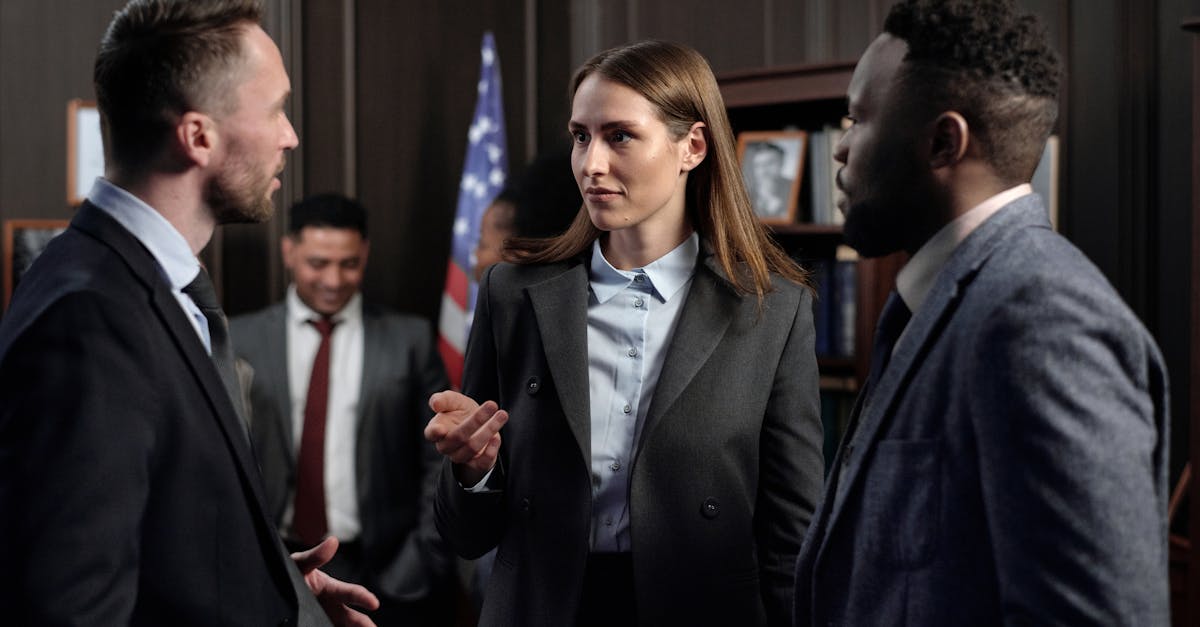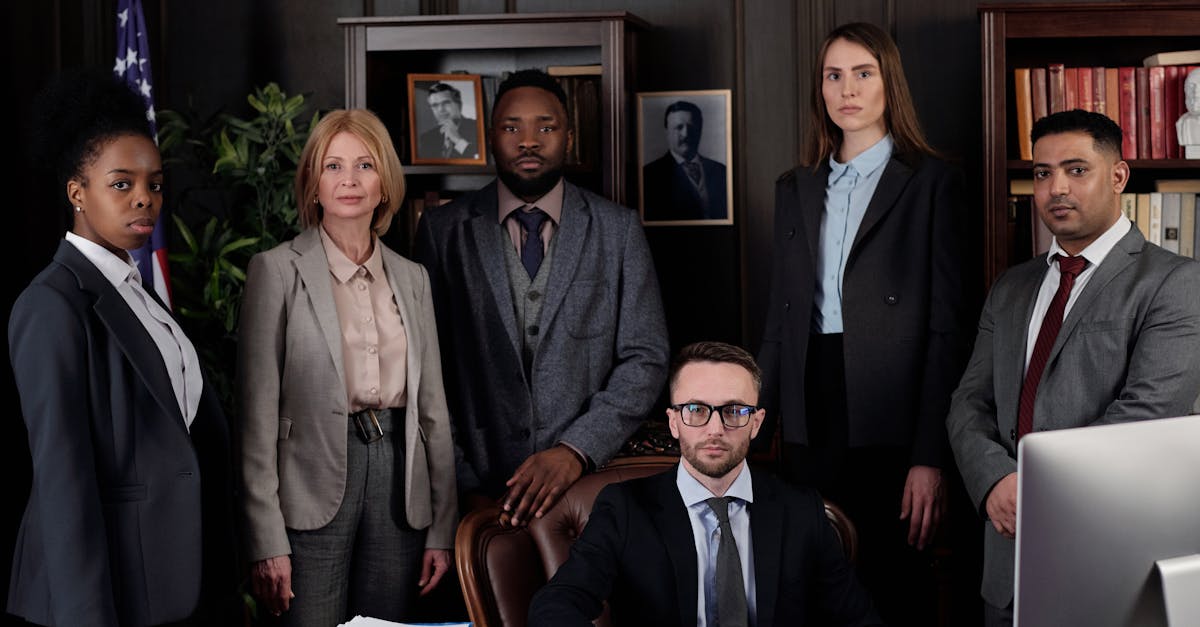
Equinox Law Firm specializes in providing comprehensive Bankruptcy Law Services to individuals and businesses facing financial difficulties. Our team of experienced attorneys offers expert legal advice and guidance through every step of the bankruptcy process, including Chapter 7, Chapter 11, and Chapter 13 bankruptcies. We understand the complex nature of bankruptcy law and work closely with our clients to create personalized solutions that best fit their needs and goals. Whether you are looking to eliminate debt, restructure finances, or protect assets, Equinox Law Firm is dedicated to helping you achieve a fresh financial start. Contact us today to schedule a consultation and learn more about how we can assist you in navigating the complexities of bankruptcy law.
Navigating Bankruptcy Court
Bankruptcy court can be a daunting and complex system to navigate, especially for individuals who are unfamiliar with legal procedures. When facing financial challenges that may lead to bankruptcy, seeking the guidance of experienced attorneys who specialize in bankruptcy law is essential. These lawyers can provide valuable expertise in guiding clients through the intricacies of Chapter 7 bankruptcy, which involves the liquidation of assets to pay off debts, or other debt relief options that may be available.
Understanding the role of court-appointed trustees is crucial in bankruptcy proceedings. Trustees are responsible for overseeing the case, ensuring that the interests of both creditors and debtors are protected. They play a vital role in managing the distribution of assets and communicating with creditors on behalf of the debtor. Working closely with a knowledgeable attorney can help individuals navigate this aspect of bankruptcy court smoothly and ensure that they comply with all legal requirements throughout the process.
Understanding CourtAppointed Trustees
Court-appointed trustees play a critical role in bankruptcy proceedings, especially in Chapter 7 and Chapter 13 cases. These trustees are appointed by the court to oversee the administration of bankruptcy estates, ensure compliance with bankruptcy laws, and represent the interests of creditors. Trustees review the bankruptcy petition, schedules, and statements, investigate the debtor's financial affairs, and may liquidate non-exempt assets to repay creditors.
One key responsibility of court-appointed trustees is to conduct the meeting of creditors, also known as the 341 meeting. During this meeting, the trustee questions the debtor about their financial affairs under oath and ensures the accuracy of the information provided in the bankruptcy documents. Additionally, trustees are tasked with reviewing any proposed repayment plans in Chapter 13 cases and making recommendations to the court regarding the feasibility of these plans. Overall, court-appointed trustees serve as impartial overseers of bankruptcy cases, striving to ensure fair treatment of all parties involved.
Bankruptcy and Your Assets
Bankruptcy brings about a significant impact on an individual's assets and financial well-being. When filing for bankruptcy, it's essential to evaluate the status of your property, bank accounts, and any other significant assets. Understanding which assets are protected in bankruptcy proceedings can help in safeguarding your valued possessions during the process. By seeking legal guidance from experienced bankruptcy attorneys like Lowenstein Sandler, individuals can effectively navigate the complexities of asset protection in court.
Property ownership and financial assets play a pivotal role in bankruptcy cases. Legal representation from skilled bankruptcy lawyers such as those at Sands can provide valuable insights into how to protect your assets while undergoing bankruptcy proceedings. Whether it's dealing with the complexities of mortgage servicing or securing tax refunds, having expert advice can make a significant difference in asset preservation throughout the bankruptcy process. It is crucial to comprehend the intricate laws and regulations surrounding asset protection to ensure a smooth and efficient resolution to your bankruptcy case.
Protecting Property in Bankruptcy Proceedings
Protecting your assets during bankruptcy proceedings is a critical aspect of ensuring your financial well-being. Understanding the various legal mechanisms that can safeguard your property is essential in navigating the complexities of bankruptcy law. When facing involuntary bankruptcy or contemplating a voluntary filing, it is vital to seek the expertise of a bankruptcy attorney who can offer guidance on how to protect your assets within the confines of the bankruptcy code.
One key consideration is how different types of assets are treated in bankruptcy. From real estate properties to personal possessions, each asset may be subject to specific rules and exemptions under the law. Working closely with a bankruptcy attorney can help you identify the best strategies for safeguarding your assets, whether through debt restructurings, liquidations, or other insolvency proceedings. By taking proactive steps to protect your property during bankruptcy proceedings, you can mitigate potential losses and secure a more stable financial future.
Bankruptcy Law for Individuals
When individuals find themselves drowning in overwhelming debts, seeking guidance from bankruptcy attorneys becomes vital. Understanding the nuances of bankruptcy law for individuals is crucial to navigating the complex legal processes and protecting one's assets. In cases where debt collection has become unmanageable, legal assistance can provide insight into options such as filing for bankruptcy to gain protection from creditors and initiate a means test to determine eligibility for debt relief.
Navigating personal bankruptcy cases requires detailed knowledge of exemptions, debts, and expenses to ensure a smooth process. Being knowledgeable about consumer protection laws, fraudulent transfers, and lawsuits is imperative for individuals seeking to alleviate financial burdens through bankruptcy. Legal professionals specializing in individual bankruptcy cases offer insights into negotiation strategies, asset protection, and exemptions to help clients make informed decisions about their financial future.
Legal Guidance for Personal Bankruptcy Cases
When facing personal bankruptcy, seeking legal guidance is crucial to navigate the complex legal processes involved. Attorneys specializing in bankruptcy law can provide invaluable support in understanding the intricacies of your case and determining the most suitable course of action. They can assist in assessing your financial situation, determining eligibility for different types of bankruptcy, and guiding you through the required documentation and court proceedings.
Legal experts can also provide essential advice on how to protect your assets during bankruptcy proceedings. They can help you understand the regulations regarding exempt and non-exempt property, ensuring that you safeguard your possessions to the best of your ability. Furthermore, they can offer insights into managing creditors, negotiating repayment plans, and addressing any potential legal disputes that may arise during the bankruptcy process.
FAQS
What is bankruptcy court and how can I navigate through it?
Bankruptcy court is a specialized court that handles cases related to bankruptcy filings. To navigate through bankruptcy court, it is advisable to seek the guidance of a knowledgeable bankruptcy attorney who can assist you with the legal procedures and requirements.
Who are court-appointed trustees in bankruptcy cases?
Court-appointed trustees are individuals appointed by the bankruptcy court to oversee bankruptcy cases. They play a crucial role in managing assets, ensuring compliance with bankruptcy laws, and representing the interests of creditors.
How can I protect my property in bankruptcy proceedings?
To protect your property in bankruptcy proceedings, it is essential to understand the exemptions available under bankruptcy law. Consulting with a bankruptcy attorney can help you identify and utilize the appropriate exemptions to safeguard your assets during the bankruptcy process.
What are the specific laws governing personal bankruptcy cases?
Personal bankruptcy cases are governed by the U.S. Bankruptcy Code, which outlines the procedures and requirements for individuals seeking bankruptcy relief. It is recommended to consult with a legal expert specializing in bankruptcy law to navigate through the complexities of personal bankruptcy cases.
How can I receive legal guidance for my personal bankruptcy case?
To receive legal guidance for your personal bankruptcy case, you can consult with an experienced bankruptcy attorney who can provide personalized advice and representation. A skilled attorney can assist you in understanding your rights, exploring debt relief options, and guiding you through the bankruptcy process.




